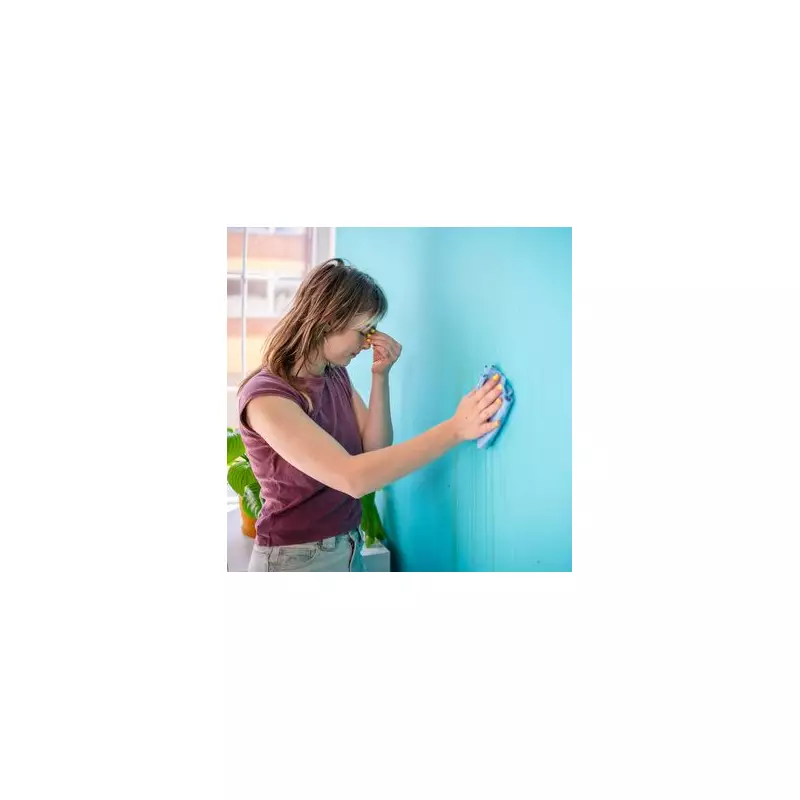
Millions of tenants across England have gained powerful new rights to combat dangerous damp and mould in their homes, as Awaab's Law comes into full force today. The landmark legislation represents a major victory for housing campaigners and promises to transform living conditions for renters nationwide.
The Tragic Story Behind the Law
The legislation is named in memory of two-year-old Awaab Ishak, who tragically died in 2020 from a respiratory condition caused by extensive mould in his family's Rochdale flat. Despite repeated complaints from his parents, the housing association failed to address the hazardous conditions that ultimately claimed the young child's life.
This heartbreaking case exposed systemic failures in how social landlords handle repair requests for damp and mould, sparking national outrage and demands for legislative change.
What Awaab's Law Means for Tenants
Under the new regulations, social housing landlords now face strict legal deadlines for investigating and repairing dangerous hazards:
- Landlords must investigate hazards within 14 days
- Emergency repairs must begin within 24 hours
- All necessary work must be completed within a strict timeframe
- Tenants can take landlords to court if deadlines aren't met
Housing Secretary Michael Gove stated: "Today is a major step towards ensuring every tenant lives in a safe, decent home. Too many families have suffered in poor conditions - Awaab's Law will force landlords to fix homes quickly."
Practical Steps for Affected Tenants
If you're living with damp or mould issues, here's what you need to know:
- Document the problem with photos and detailed notes
- Submit a formal complaint to your landlord in writing
- Reference Awaab's Law and the new legal requirements
- Keep records of all communications and responses
- If deadlines are missed, seek legal advice immediately
The legislation represents the most significant strengthening of tenant rights in decades, giving renters unprecedented power to hold landlords accountable for substandard living conditions.
As one housing charity representative noted: "This isn't just about legal changes - it's about cultural transformation in how we value safe housing as a fundamental right, not a privilege."





